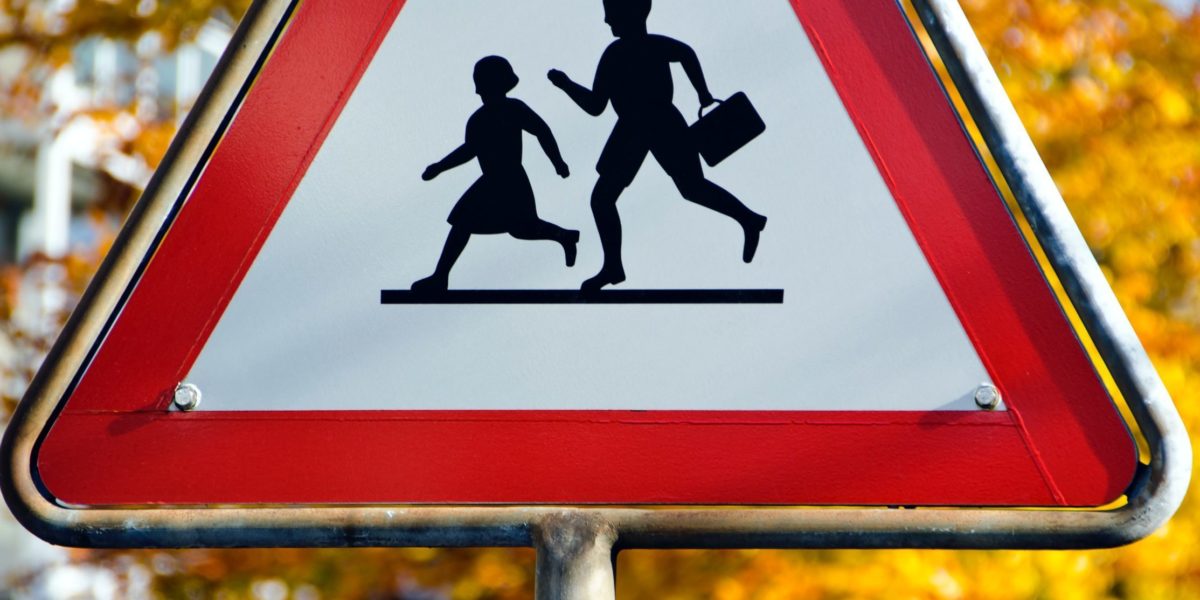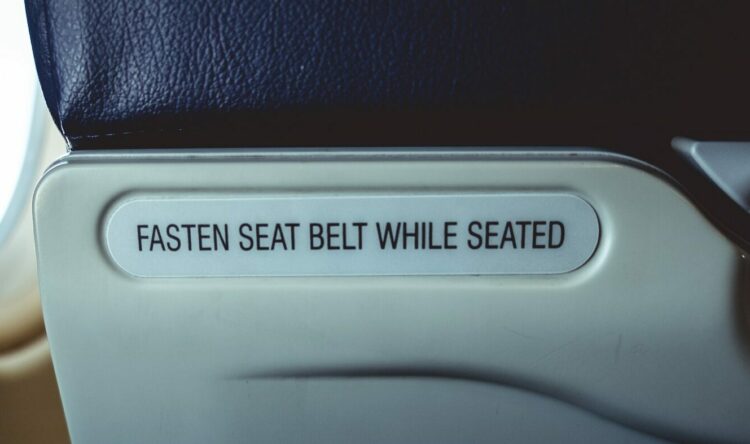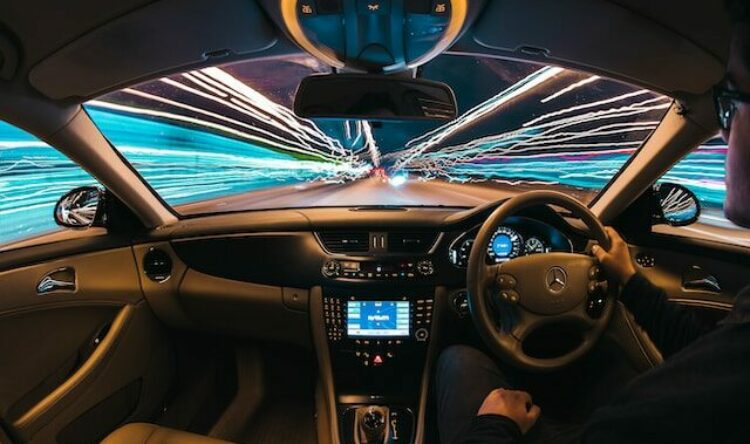Time to improve young driver safety
New report calls on the EU to adopt new agenda
The European Union needs to improve the safety of young drivers. This is the conclusion of a new report by European Transport Safety Council (ETSC).
A quarter of all road deaths involve young road users according to the collation of all the latest data from across the EU.
In the new report , ETSC says that, in 2019 alone, 5,182 young people aged 15 to 30 years were killed in road collisions. Data is taken from 25 EU countries for which the figures are available. This means that ra fifth of all deaths amongst this age group are on the road. Around 40% of road deaths in the EU occur in collisions that involve one or more young drivers or powered two-wheeler riders.
Boys and girls
There is also a huge disparity between genders in the figures. Men represent 81% of all road deaths among young people aged 15-30. Large differences between male and female road mortality remain even after taking into consideration the fact that men drive more than women.
The authors say that, while young people are a high-risk group in themselves, most young people do not deliberately drive unsafely. The risks associated with young drivers and riders stem from inexperience, immaturity and lifestyle linked to their age and gender. Data shows that the younger a person starts unrestricted solo driving, the more likely it is that he or she will have a fatal collision, particularly if under 18 years-old.
Licensing safety
Graduated driving licence systems reduce collisions according to a number of studies. Such systems put additional restrictions on younger drivers during the first years of driving. This allows them to gain experience while reducing certain high risk situations.
Young people, especially men, are also linked to a disproportionate number of road deaths where drink and/or drug driving is involved. Enforcing and tightening legal Blood Alcohol Concentration limits would be a good step. Also improving help for those living with identified alcohol and other drug issues can help prevent these deaths.
Limiting dangers
The European Commission is currently reviewing rules on driver licensing, with an updated legal proposal expected in the next 18 months. ETSC is calling for the European Commission to recommend a drink-driving limit set effectively at zero for young people. In reality, enforcement would be at 0.2 g/l Blood Alcohol Concentration. Regarding drug driving, ETSC would also like to see a European-wide zero-tolerance limit for illicit psychoactive drugs.
The full report can be downloaded from https://www.etsc.eu/PinFlash41





